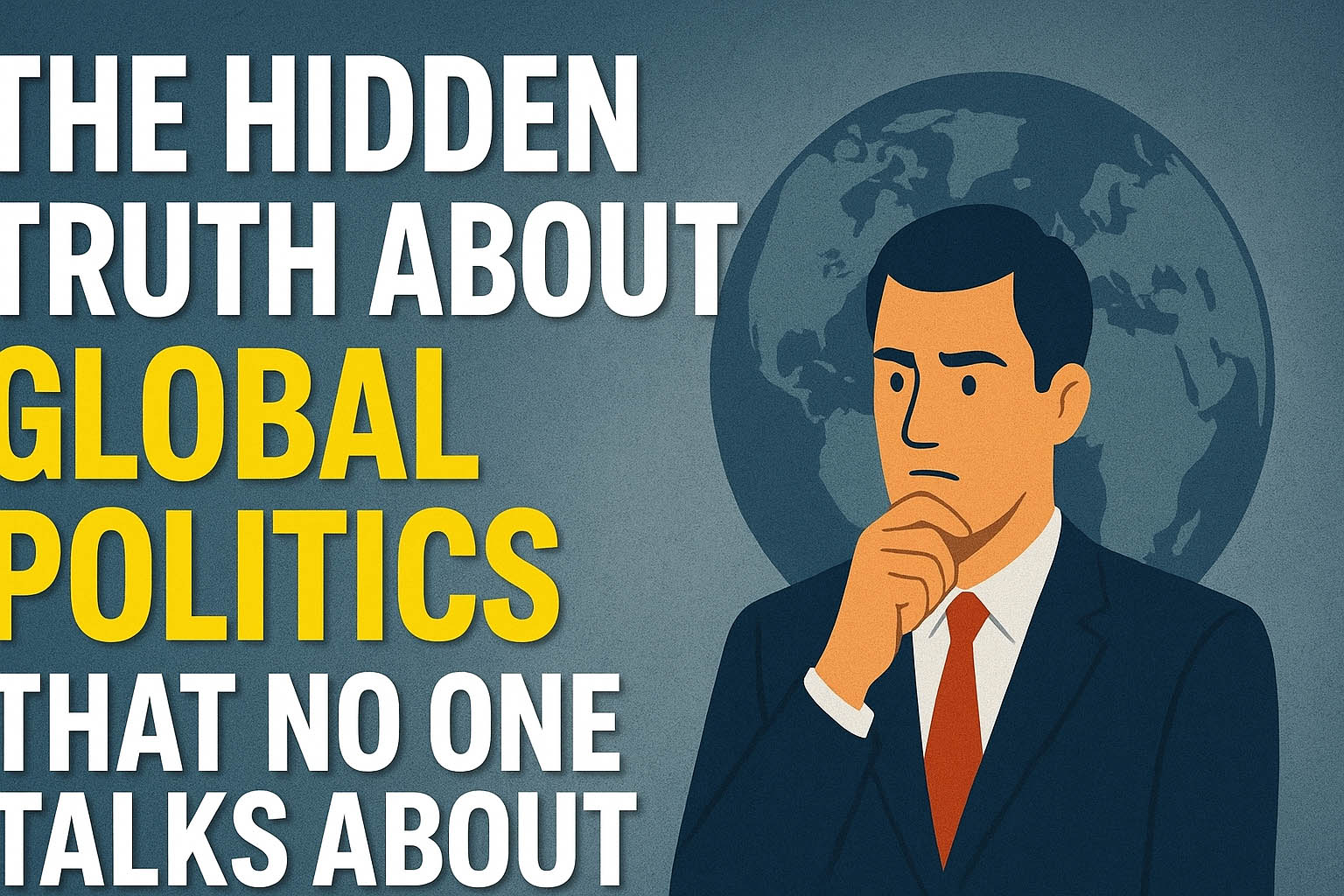Artificial Intelligence (AI) is no longer just a concept from science fiction movies. Today, it is deeply integrated into our daily lives. From virtual assistants like Siri and Alexa to self-driving cars and advanced medical diagnostics, AI is transforming industries at an incredible pace. With this rapid progress, one big question keeps surfacing: Will Artificial Intelligence replace humans, or is it just another myth?
The Fear of Replacement
One of the major reasons people worry about AI is job security. Machines and algorithms are becoming more capable of performing tasks that once required human intelligence. For example, AI can now write reports, detect diseases, and even create art and music. Many fear that these advancements will leave millions of people unemployed. A report by the World Economic Forum even suggested that AI could replace millions of jobs by 2030, particularly in industries like manufacturing, retail, and transportation.
However, this is not the full picture. While AI might replace certain repetitive or low-skilled jobs, it also creates new opportunities. For instance, roles in AI engineering, data analysis, cybersecurity, and robotics are in high demand. In reality, AI is more about transforming jobs than completely eliminating them.
AI as a Partner, Not a Rival
AI is best understood as a partner rather than a competitor. It is designed to enhance human capabilities, not necessarily to outsmart or replace them entirely. For example, in healthcare, AI systems help doctors analyze X-rays and MRI scans faster and more accurately. But it is still the human doctor who makes the final decision about treatment.
Similarly, in education, AI tools help teachers personalize lessons for students based on their learning speed and style. Instead of replacing teachers, AI is making them more effective.
Limitations of AI
Another important truth is that AI has limitations. It is excellent at analyzing data, recognizing patterns, and executing commands quickly. But it lacks creativity, empathy, and moral judgment — qualities that are deeply human. AI cannot truly understand emotions, ethics, or the value of relationships. For instance, an AI chatbot can simulate conversation, but it does not “feel” empathy the way a human does.
Furthermore, AI systems rely on data. If the data is biased or incomplete, the results will also be flawed. This shows that AI cannot operate independently without human oversight.
The Future of Human-AI Collaboration
The future is not about humans versus AI but about humans working with AI. Experts believe that the most successful societies will be the ones that integrate AI into daily life while maintaining human control. For example, AI may automate repetitive tasks in offices, but humans will still be needed for decision-making, creativity, and leadership.
In fact, history shows that technology often creates more opportunities than it destroys. When the internet became popular, people feared job loss too. Yet today, millions of jobs exist that are directly linked to the digital economy. AI might follow a similar path, creating entirely new industries that we cannot even imagine right now.
Truth or Myth?
So, is the fear that AI will replace humans true or just a myth? The answer is a bit of both. Yes, AI will replace some jobs, especially routine tasks. But it will not replace humanity as a whole. Humans possess unique qualities — imagination, compassion, ethical reasoning — that no machine can replicate. Instead of fearing AI, we should learn to adapt, upgrade our skills, and use it as a powerful tool to shape a better future.
In conclusion, AI is not here to erase humanity. It is here to evolve with humanity. The real challenge is not whether AI will replace humans, but whether humans can learn to adapt fast enough to work alongside AI.



